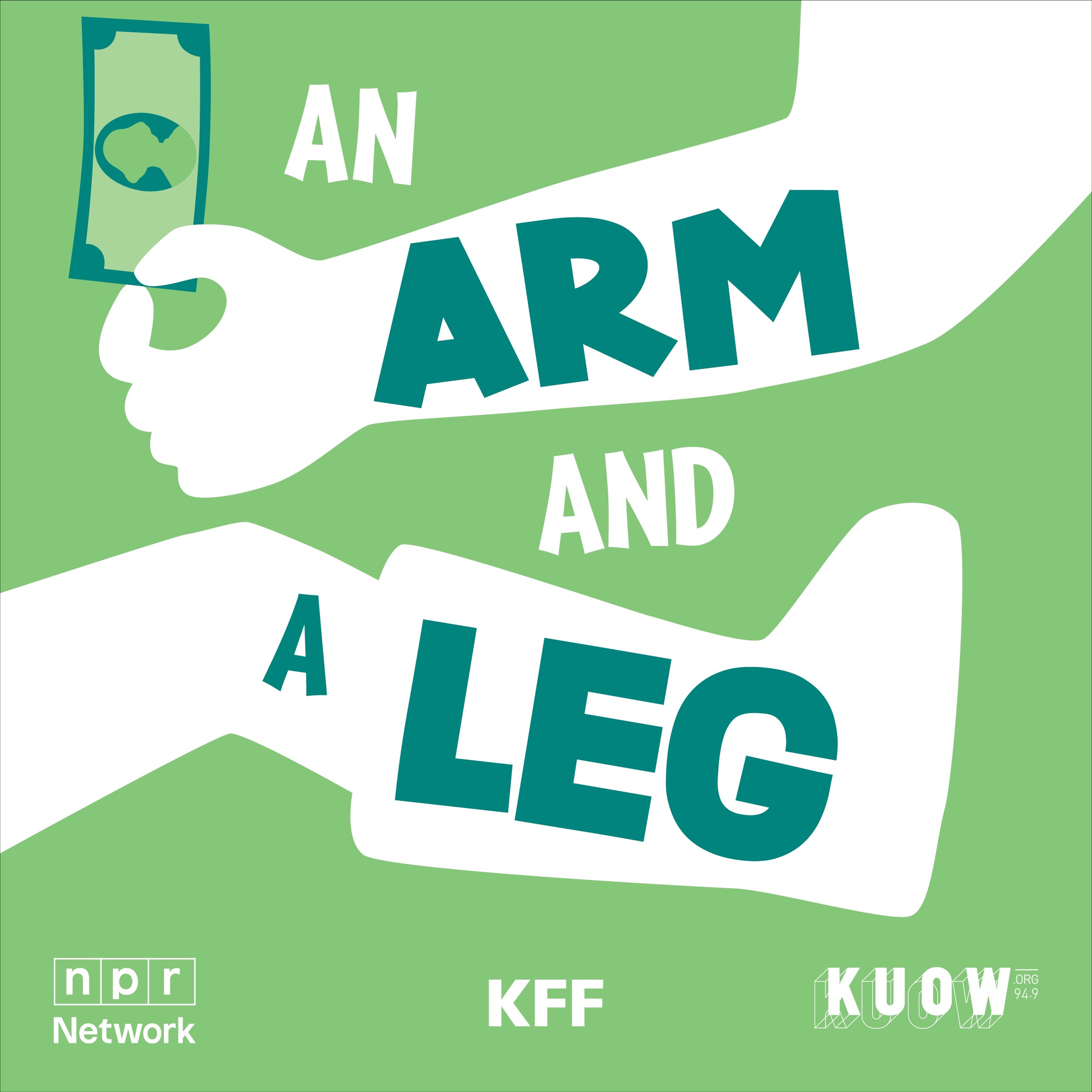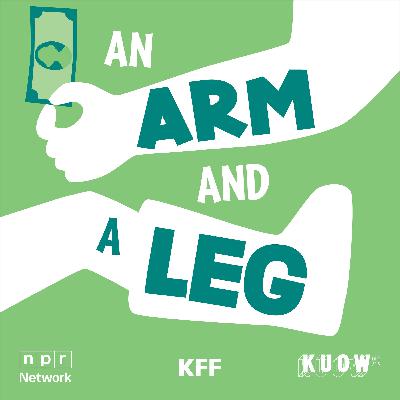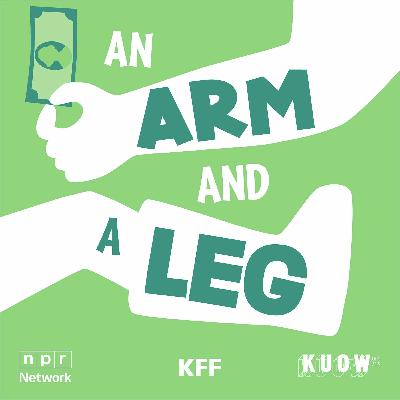
 An Arm and a Leg
An Arm and a Leg
Author: An Arm and a Leg
Subscribed: 2,354Played: 79,763Description
An Arm and a Leg is a podcast about why health care costs so freaking much and what we can (maybe) do about it.
If you’ve ever been surprised by a medical bill, you’re in good company. But as our team of seasoned journalists has learned from years of reporting — you’re not always helpless. We don’t have all the answers, but we’ll offer you tools and big picture insights with plenty of humor and heart.
An Arm and a Leg is co-produced with KFF Health News and distributed in partnership with KUOW.
You can support An Arm and a Leg by donating at armandalegshow.com/support/
Show Credits: Created, hosted, and produced by Dan Weissmann with senior producer Emily Pisacreta and engagement producer Claire Davenport, edited by Ellen Weiss. Audio wizard: Adam Raymonda. Music is by Dave Weiner and Blue Dot Sessions. Bea Bosco is our consulting director of operations. Lynne Johnson is our operations manager.











It is good that you raise these issues...خرید قسطی طلا
It is good that you raise these issuesکاراگینان [url=https://www.rojagoldgallery.com/product-category/ring/]انگشتر طلا ظریف[/url]
I really like your post because this post is very helpful to me. I really like your post because this post is very helpful to me.moCrack I really like your post because this post is very helpful to me.moCrack goldman4210@gmail.com
this is a helpful website you can see this website and enjoy it link https://mocrack.com/
I really like your post because this post is very helpful to me. I really like your post because this post is very helpful to me.moCrack I really like your post because this post is very helpful to me.moCrack
When you write a letter to any organization, arguing against its policies, ALWAYS include (and fail to bcc) pertinent upper echelon parties -- as well as those from below. I once wrote a letter to my children's local school, which I also copied to every single teacher in the building, the various school secretaries, the school board and their secretaries, and our local newspaper. If you want to show you mean business, and if you want a hasty response, then "Go big or go home!" This strategy is true is ANY structure -- including insurance, rental companies, etc. And if you REALLY mean business, print a hard copy and mail via a method which requires signature of receipt, along with a cover letter in which your mention your lawyer by name. It really doesn't even matter if you HAVE a lawyer -- the mere mention of "as per my lawyer's advice" will set things in motion, and sending it express mail (or whatever) shows you mean business.
I think this makes a lot of sense https://wordcounter.tools
One of my favorite episodes of this podcast and across all the ones I listen to. Tiktok Mom (and her husband) are bighearted gems. Thanks for doing what you do!
so i love this podcast and have learned alot. so its pretty terrible what hospitals are doing to really sick patients. my theory if everyone stops paying insurance companies and stop paying hospitals all at the same time. maybe we could get health care that is standardized and that everyone can afford. like our justice system, we have the best healthcare system that money can buy. i really think everyone should consider my theory.
interesting podcast. Informative. Quick question, why give a trigger warning about bleeped cuss words but explicitly describe dog testing and killing in the insulin episode? I would rather hear cuss words.
what is the name of the tool they talk about from 12-13 min in?
such a great show!!! why is this podcast not more popular?